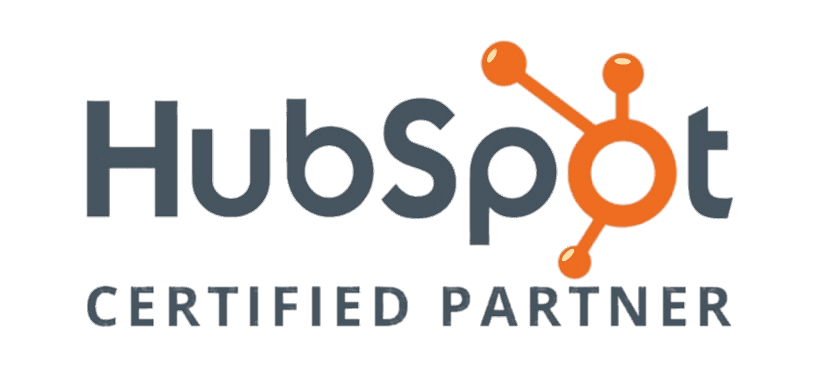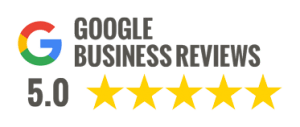BALANCING PAID AND ORGANIC FOR EFFECTIVE SEARCH RESULTS
When it comes to digital marketing, finding the right balance between paid and organic search can be challenging. Understanding the difference between the two and knowing how to implement them effectively can make or break your visibility online. Many businesses today tend to focus on only one option, without considering the benefits of blending multiple digital strategies and tactics.
When it comes to establishing a strong online presence for your business, appearing in digital search results is a crucial goal. However, navigating the complexities of the search engine results page requires a clear understanding of the differences between paid and organic search. It's essential to consider these distinctions before deciding between the two approaches.
How can paid search help search engine results?
Paid search, such as Google AdWords, provides businesses with the opportunity to secure a prominent position at the top of search engine results pages, but it comes with a cost. The more you invest in paid search advertising, the higher the chances of your page being found by users on Google. However, it's important to note that simply paying for clicks alone will not guarantee visibility and success. To make the most of paid search, you must implement best practices and strategies to achieve a good quality score and capture the attention of your target audience.
While paid search requires financial investment, it offers several compelling benefits for businesses. One of the key advantages is the ability to precisely target your specific customer base. With Google AdWords, you can create tailored ads that are displayed to users who fit your defined demographic, geographic and interest criteria. This level of targeting increases the likelihood of engagement and conversions, ultimately driving sales and revenue for your business.
Paid search also brings the advantage of increased website traffic. By appearing at the top of customers' search pages, your business gains enhanced visibility and exposure. This prime position significantly improves the chances of users clicking on your ad and visiting your website. As a result, paid search campaigns can generate a steady stream of highly relevant traffic, attracting potential customers who are actively searching for products or services similar to what your business offers.
What exactly is organic search?
Organic search utilizes strategies and tactics for gathering the attention of search engine robots. This includes signals that the search engine likes, such as page speed and keyword implementation within important areas of the webpages. And while organic search seems like a cost-effective option, you still need a professional to make sure your website is technically sounds and usable for the robot and visitor.
By targeting organic traffic, you not only strengthen your company's online presence but also attract highly relevant and better-targeted visitors actively searching for your products or services. Organic search, driven by a professional search engine optimization (SEO) expert, offers long-term results that can efficiently draw customers to your website independently.
One of the key advantages of organic search is its sustainability and long-term impact. Unlike paid advertising that requires ongoing investment, organic search results can generate consistent traffic and visibility over time. By investing in sound SEO practices and creating valuable, high-quality content, you can establish your website as a trusted resource in your industry.
Combining paid and organic search
Now that you understand the differences between organic and paid search, you can explore how to combine them to create a superb digital marketing strategy that will produce effective search results for your business.
Here are three ways to achieve this synergy:
- Analyze page load speed through Google Ads:
Utilize the helpful reports provided by Google Ads to understand and address any loading speed issues. Slow page loading speeds can discourage visitors from staying on your site, impacting your website activity. Using paid Google Ads to identify and fix these issues can lead to increased traffic. - Review recently optimized pages not utilized in paid search:
Evaluate how your pages are performing with and without paid search to gain insights into optimizing your webpages. Some pages may already perform well organically, while others might benefit from paid search. Combining both approaches can help optimize your website effectively. - Utilize broad-match keywords alongside search terms:
In 2021, Google placed a strong emphasis on the relevance of broad phrase matching in paid search, and this emphasis can also be leveraged to gain valuable insights for organic search. Understanding the impact of broad phrases and keywords on your website's traffic from Google search is essential for optimizing your overall search strategy.
Finding the right balance between paid and organic search depends on your business goals, target audience and budget. It requires careful analysis, monitoring and optimization by a true professional. Evaluating the performance of both can help you to make informed decisions and allocate your resources effectively. This iterative process allows you to refine your approach over time, ensuring that you are reaching the right audience with the right message through the most effective channels.
In conclusion, the collaboration between paid and organic search techniques is crucial for enhancing your online visibility and effectively targeting your audience. By striking the right balance between these approaches, you can leverage the immediate benefits of paid search while also building a strong organic presence for long-term success. Embracing both strategies enable your business to thrive in the competitive online landscape, reaching a wider audience, driving engagement and ultimately achieving your business objectives.



